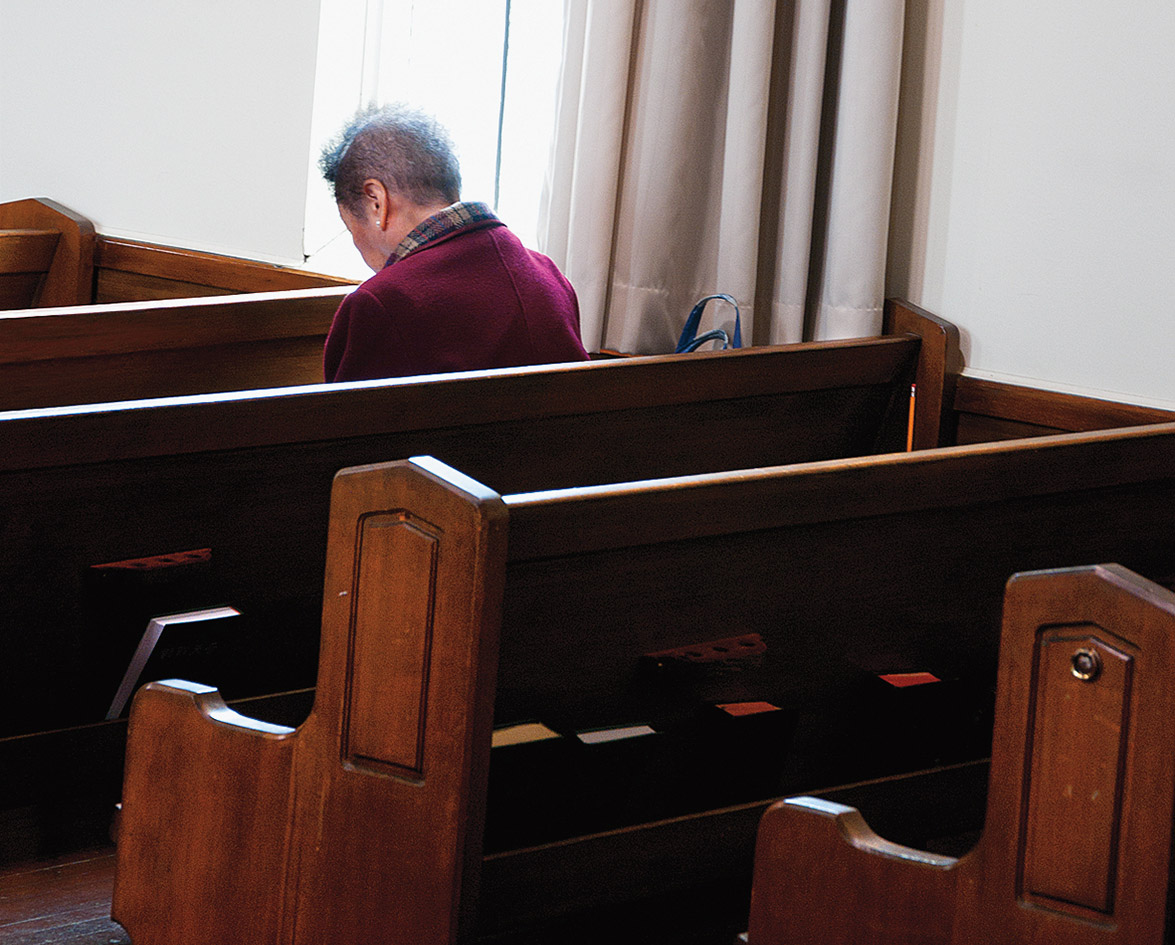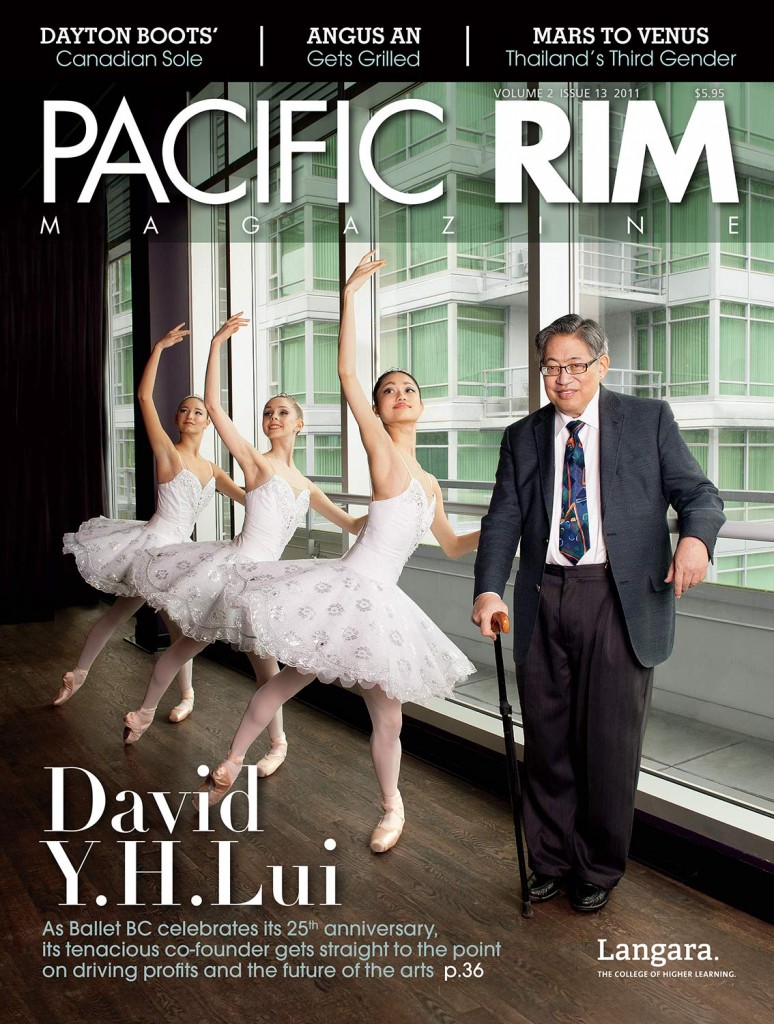Noah Wong*, 29, was one of the most respected leaders at his traditional east side Vancouver Chinese church, serving as a deacon, Sunday school teacher, youth counsellor, and Sunday service chairperson. But unbeknownst to everyone, Wong was no longer inspired by the Sunday service. He felt overworked and was afraid to voice his opinion. The pool of people he could relate to was shrinking as the friends he grew up with moved to different churches—or left Christianity completely. Once his duties were over, he too quietly left the church he grew up in.
A Story Not So Un-Common
Wong’s experience mirrors those of many Chinese-Christians in Canada who decide to leave their churches, feeling alienated in the struggle between assimilation and cultural preservation. Ted Ng, a pastor who spent 40 years in Chinese churches—12 of which leading an English-language ministry—says, “Chinese churches are cultural enclaves that have more to do with preserving Chinese culture than [promoting Christianity].” Today he leads a multicultural congregation in the Dunbar area.
Evolution Of The Chinese-Christian Church
The relationship congregants have with their churches has evolved over the years. The Chinese have been living in Canada for over a century, first appearing in the mid-19th century for the gold rush, with a second wave coming in the late 19th century as Canadian Pacific Railway workers. Methodists and Presbyterians spearheaded outreach to the Chinese as early as the 1870s, offering valuable services, even advocating for the oppressed. When the Exclusion Act was introduced in 1923, Chinese families were separated from each other and a sense of isolation grew. New immigrants flocked toward Chinese churches because they offered community and a sense of belonging. When Canadian immigration laws were relaxed in the 60s and 70s, thousands of Chinese immigrated to Canada, causing the role of the church to evolve. This Chinese-Christian community expanded giving rise to the many Chinese-oriented churches that exist today.
As time has passed, Chinese churches have had to adjust to the reality of a more integrated, diverse congregation. The majority have adopted a dual-ministry system: an English-language ministry for the kids, and a Chinese-language ministry for the adults. The kids eventually grow up, preferring Canadian culture over Chinese and to speak English over Chinese. Many of these kids decide to leave the church when they transition into adulthood.
Exclusivity Not Attractive To Younger Members Of The Church
Others leave as well, feeling that the Chinese church culture limits their ability to share church services and social events with friends and family members of other ethnicities. “Having the word ‘Chinese’ in the church name is unwelcoming,” says Wong, who often felt lonely and dissatisfied. With programs and services being predominantly in Chinese, “I don’t see people bringing non-Chinese friends to church,” he says.
Ted Ng has seen this exclusiveness first-hand while working within his own English-language ministry. “The Chinese church [is uninterested] in working with [non-Chinese churches] to reach out to people of all ethnicities,” says Ng. This cultural rigidity makes mainstream churches comparatively appealing to second-generation Chinese, who grew up in the multi-ethnic western world. As young adults, they leave their childhood churches quietly, and it’s often weeks later that their old congregation starts asking where they went.
A Welcoming Alternative
Receiving many of the disaffected faithful is Tenth Avenue Church, where popular preacher Ken Shigemastu teaches. Tenth is one of the largest churches in Vancouver, with three campuses and a regular attendance of up to 1,700 people each Sunday. Roughly 40 per cent of their ministry is of Asian descent, and the rest are a mix of different ethnicities. Tenth reflects the population of Vancouver, and it is precisely this that makes it so welcoming to second-generation Chinese.
As a response to this exodus, some English ministry pastors have tried to connect with Chinese church leaders in an effort to win their respect and find ways to keep the younger generation from leaving. While Ng says such efforts have been unsuccessful so far, he believes a transformation of the Chinese Christian community as a whole is possible, though he recognizes this will take perseverance.
An exodus, or an escape, is what Wong experienced. It’s been a year since he walked away from his church of 15 years—and he hasn’t regretted his decision.
*Name has been changed for privacy.











